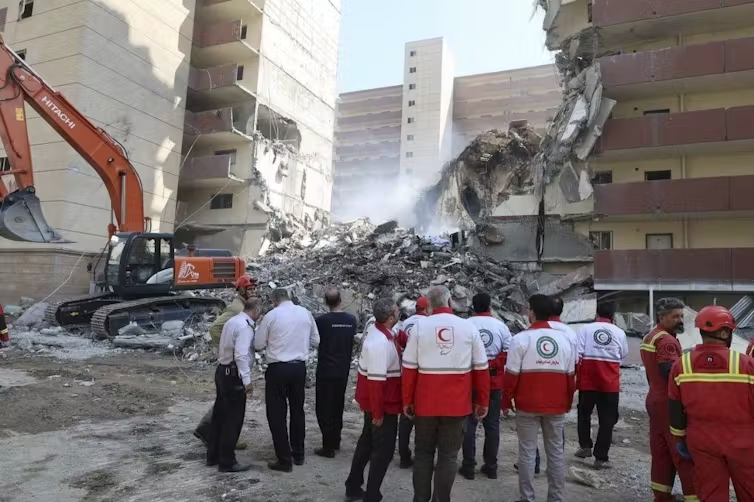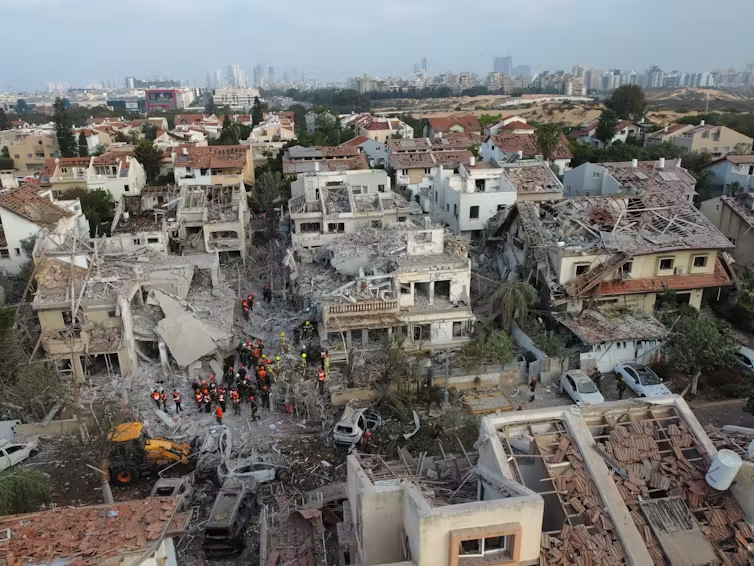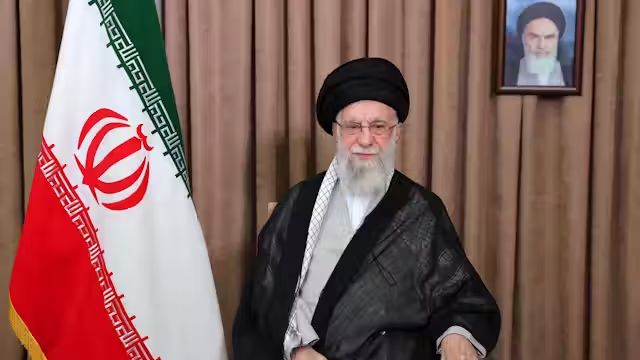Israel Strikes Iran’s Nuclear Sites Amid Escalating Conflict and Failed U.S. Diplomacy
Israel’s unprecedented military assault on Iran’s nuclear and military sites has dramatically escalated Middle East tensions. The Friday strike, the largest against Iran since the Iran–Iraq War, marked a turning point that has shattered long-standing regional dynamics and derailed nuclear diplomacy efforts.
Iran responded swiftly with retaliatory missile strikes, even as Israeli air raids continued. For Tehran, the attack couldn’t have come at a worse time—just as critical talks with the United States over Iran’s nuclear program had reached a delicate stage.
Israeli Strikes Follow IAEA Warning and U.S.-Iran Talks Collapse
The International Atomic Energy Agency (IAEA) had just released a damning report accusing Iran of breaching non-proliferation obligations. Iran, the report stated, had amassed nearly 400 kilograms of 60% enriched uranium, a step away from the 90% purity required for weapons. That quantity could yield up to 10 nuclear bombs if further refined.
The IAEA board formally declared Iran in violation of its obligations for the first time in 20 years. Just one day later, Israel’s airstrikes hit key Iranian sites—nuclear facilities, IRGC bases, and radar installations—shattering any diplomatic momentum.

Tensions surged as the U.S. continued to push for a zero-enrichment policy. Iran refused, insisting on retaining its sovereign right to peaceful enrichment under the 2015 Joint Comprehensive Plan of Action (JCPOA). The Trump administration’s 2018 withdrawal from the JCPOA had already undermined trust, and these latest attacks shattered any hopes of a swift return.
Trump’s “Excellent” Praise for Strikes Adds Fuel to Fire
While Donald Trump reportedly urged Israeli Prime Minister Benjamin Netanyahu not to launch the attack, he later praised the strike, calling it “excellent” and warning Iran to “accept a deal before there’s nothing left.” Iran, interpreting the praise as complicity, immediately suspended its participation in the sixth round of talks.
In Tehran, these moves are not seen as efforts toward peace but rather as strategic coercion. Supreme Leader Ali Khamenei labeled the U.S. terms a “blueprint for surrender,” warning that abandoning enrichment would leave Iran defenceless and vulnerable to future demands—such as dismantling its missile program.

Iran Strikes Back and Vows to Push Forward
Tehran has now escalated its military response. For the first time in years, Iran has launched missile barrages on Tel Aviv and Jerusalem, hitting both government and residential areas. These are far more serious than the limited proxy battles previously seen.
Iran’s leadership insists it cannot show weakness. Any retreat, they argue, would embolden adversaries and risk triggering domestic unrest from both the pro-reform opposition and hardline loyalists. The regime now views projecting strength as its only option.
Internally, there is growing fear that accepting U.S. terms would not prevent regime change, but accelerate it. Iran’s ruling elite sees open confrontation as a calculated risk—one necessary to protect sovereignty and deter future Israeli strikes.
Iran Betting U.S. Will Stay Out of War
Iran is also gambling on Trump’s long-standing aversion to foreign military entanglements. With the U.S. economically invested in Gulf region stability, Tehran hopes Washington will avoid full-scale war. That bet underpins Iran’s decision to fight now, negotiate later—from what it believes will be a position of strength.
As missiles fly and diplomacy collapses, Israel and Iran are no longer engaged in shadow warfare. This is direct confrontation. The consequences for the Middle East—and the world—could be profound if this fragile conflict spirals out of control.






